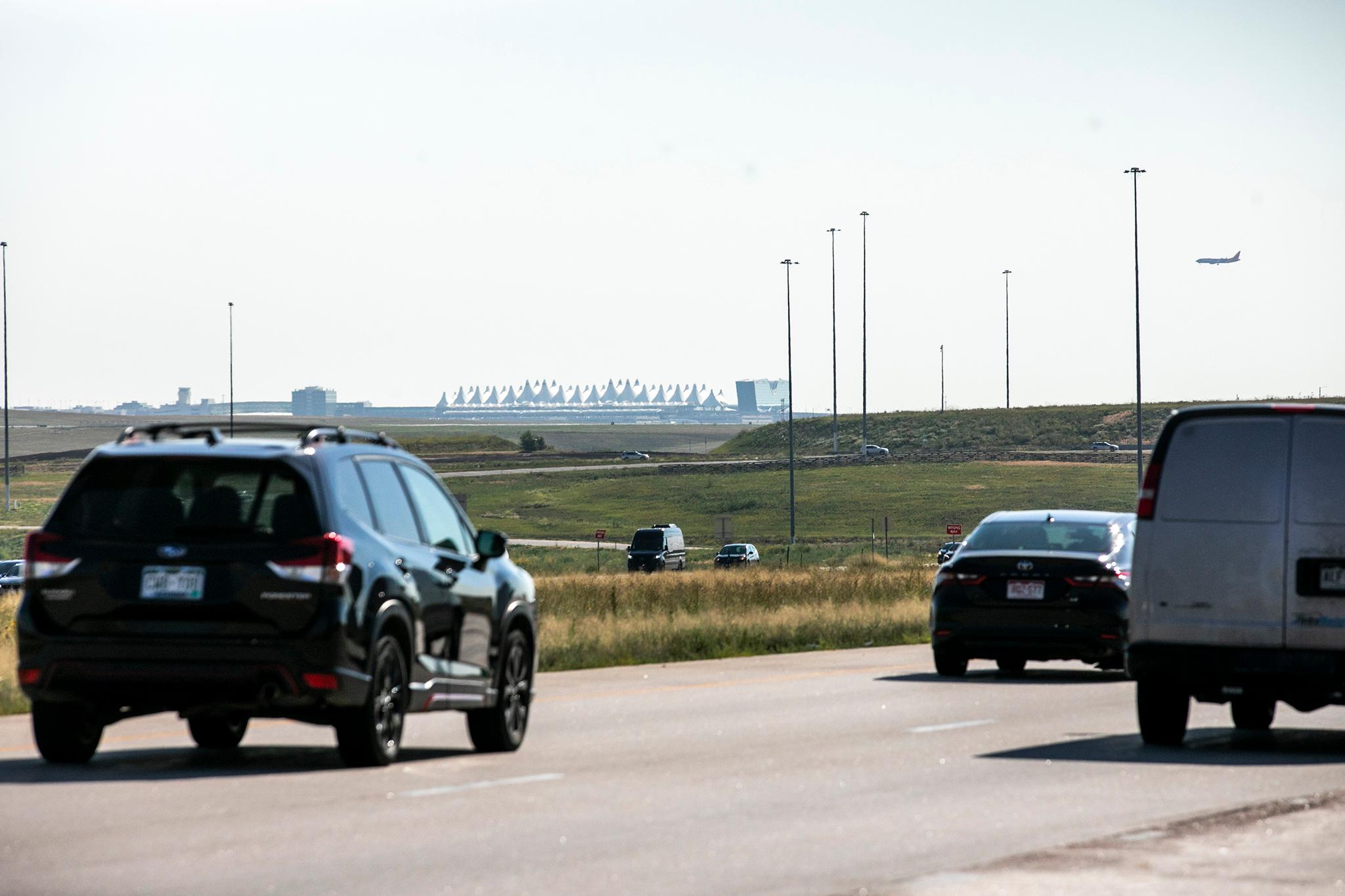
The American Car Rental Association has filed a lawsuit against the state of Colorado over a 2024 law that created new fees for rental cars.
The revenue from the $3-a-day “congestion impact fee,” which is set to start being collected on Jan. 1, 2025, and add up to about $50 million annually, is meant to help pay for new transit services like intercity buses and passenger rail projects.
Earlier this month, state officials, including Gov. Jared Polis, cited the new fees for helping beef up the Winter Park ski train this coming winter. No one at that press conference, however, mentioned the lawsuit, which was filed in September in U.S. District Court.
The car rental association, which opposed the bill at the legislature last session, had floated two ballot measures that would’ve unwound it and many other user fees. The association later abandoned that effort.
But through its lawsuit, the association is continuing to make the same argument now that it made when the legislation was being debated: that federal laws, including the 2018 Federal Aviation Administration Reauthorization Act, make new rental car fees illegal if, among other reasons, they apply to airport-based rentals and the revenue is used for non-airport purposes.
“Plaintiff’s members will suffer harm unless a permanent injunction is issued because they will be forced to collect an illegal fee from their customers or face civil and criminal penalties,” the lawsuit reads.
The association has not responded to a request for comment about the lawsuit. Previously, an association spokesperson told CPR News they were worried that other state legislatures would follow Colorado’s lead if they let the fee stand.
The state’s 14-page answer repeatedly refutes the association’s arguments, using the word “deny” 43 times. It concludes by stating that the association lacks standing to bring the lawsuit and that the fee does not violate federal laws, among other reasons.
Representatives for Polis and Attorney General Phil Weiser both declined to comment.









